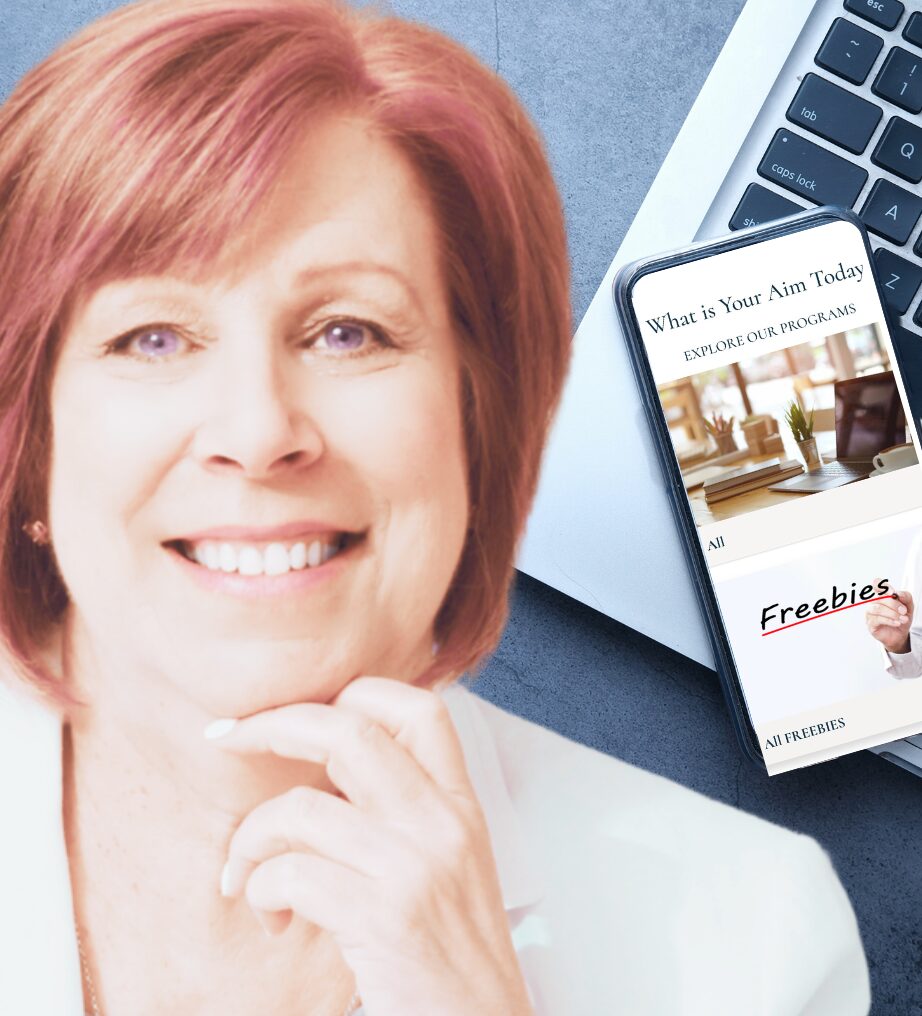
Some moments in life are frustrating, confusing, scary, and challenging to endure. Other times, we feel negative emotions like anger, loneliness, jealousy, anxiety, and fear.
In these times, we want to avoid these painful feelings. We may push them down, block them out, drown them out through overworking and other forms of busyness. We distract ourselves with activity, food, drinking, or worse.
All of these strategies add to our suffering in the long run. Avoidance keeps us from living fully, and when we are finally forced to confront these difficult emotions, they may feel more intense and be more challenging to sort out.
For example, I spoke with a woman whose mother has Alzheimer’s disease, and she shared with me the story of her mother’s illness. Over the past year, her mom has slowly forgotten her life, memory, history, and children. She has also been ignoring her bodily needs. She doesn’t remember eating, dressing, or brushing her hair. She doesn’t recognize her body’s sensations when she has to go to the bathroom. She needs constant care. And her daughters are heartbroken as they watch this prolonged decline.
This woman began to share with me a conversation that happened between her and her sister.
Sister: I’m so afraid of Mom dying.
Woman: Don’t think about it.
Sister: What will we do without her?
Woman: Stop thinking about it!
Sister: I can’t imagine life and our family without her.
Woman: Focus on now. She’s alive now. We’ll figure out the rest when it happens.
What do you think of this conversation? Do you see the sister’s desire to grieve her mother’s current situation and the clear ending? Maybe you’ve been in a position yourself where someone has told you to “don’t think about it,” “stop being emotional.”
Each woman in this story has a slightly different relationship to their mother’s illness. While one sister may be pushing away her painful grief to make the most of the present time, the other sister seems to be in deep sorrow and feeling unacknowledged and chastised for her suffering.
Instead of ‘turning away’ pain, we can learn to gently ‘turn towards’ what we’re experiencing. We can bring caring, open attention to the parts of ourselves that are wounded and hurting and make wise choices about responding to ourselves and others.
Here is a process to help you begin healing painful emotions:
1) Stop, find a quiet place, and turn inwards
Once you have become aware of a feeling, stop for a moment. Take a deep breath. Sit with it in a way that allows you to learn about the emotion. Don’t reprimand yourself for having it. Just let it be.
2) Name the emotion
We can often feel immediate relief by naming the emotion. For example, “I am sad,” “I feel afraid,” or “I feel mortal.”
This process of naming helps disentangle the emotions from the situation. These first two steps can help calm the nervous system and neutralize flooding.
3) Allow yourself to feel the emotion
Now that you’ve named the emotion allow yourself to feel it. Cry it out, scream it out, whatever it’s requiring. You’ll notice an ebb and flow. The emotion may start slow, peak like a wave, begin to subside.
After it has subsided, you can check if any other emotions need to be named and felt or move to the next step.
4) Look for the underlying need of the emotion
In our culture, we often short-change emotions when we don’t recognize them as data. Emotions tell us that something needs to be experienced to know the wise choice waiting for us.
Our emotions may tell us to rest and care for ourselves while caring for others. They may be trying to connect us with our inner knowledge of what can alleviate a situation, improve it, or support those involved (including ourselves). They may even be surfacing an old wound that needs healing.
5) Give yourself what you need
As women, we often stop short of giving ourselves what we need. We may feel rushed and pulled in many directions. Attending to ourselves may feel like a luxury.
Consider this. When going through the safety review on an airplane, flight attendants remind you to put on your oxygen mask first and then your children. Why? Because if you can’t breathe, then you can’t help anyone else.
6) Be open to the outcome
Now that you have turned inwards named the emotion, felt it, mined the wisdom, and taken care of an underlying need – you are more prepared to resume your life and face whatever comes next.
We cannot control what life presents to us; however, we can use our tools to respond choiceful.
Are you ready to take the next step?

If you’re ready to uncover your true self, bridge the gap between where you are and where you want to be, and live with greater intention and purpose, I offer this style of coaching. My approach goes beyond improving performance—it’s about holistic personal growth, emotional intelligence, and living a life aligned with your deepest values.
Let’s embark on this transformative journey together. Reach out today to explore how my coaching can help you become the person you’ve always aspired to be. Your best self is waiting. Click here to schedule a FREE Discovery Call with me.
Terri Altschul is an ICF PCC—a Certified Coach with more than 4,00 coaching sessions. She has trained and coached individuals and groups at all stages of their careers and lives in Fortune 100 and 500 companies, Start-ups, and Nonprofit organizations. One of her special gifts is helping you see your untapped potential and identify the blockers to that potential.



